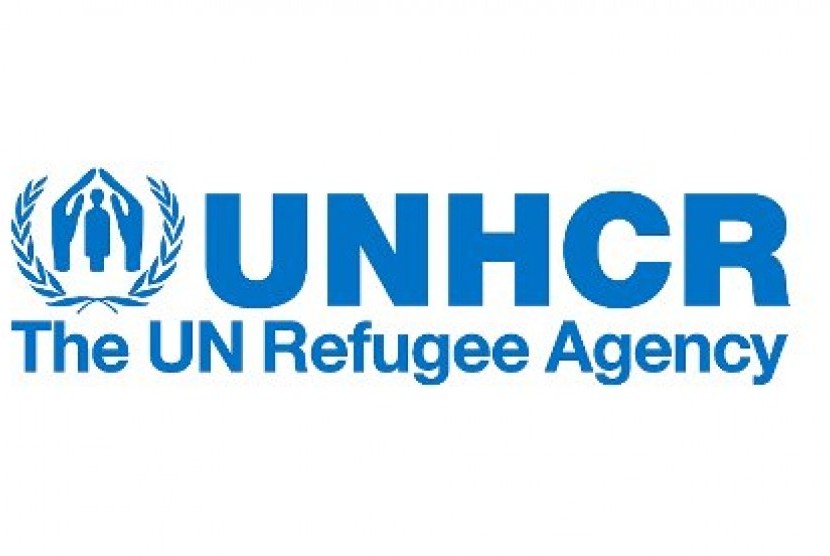REPUBLIKA.CO.ID, LONDON -- Risk-aversion and bureaucracy are increasingly stopping international aid agencies from helping the world's most desperate people in emergency situations, a leading medical charity said in a scathing report on Monday.
In an analysis of recent major emergencies, Medecins Sans Frontieres (MSF) or Doctors Without Borders said inflexibility was leading to "atrophy of the humanitarian system" despite greater funding and expertise than ever before.
"Humanitarian responses are slow and cumbersome, and lack impact... Many agencies are concentrating only on the easiest-to-reach populations and ignoring the more difficult places," MSF President Joanne Liu said in the report.
"The result of all of this is that people in desperate need of lifesaving assistance are not getting it - because of the internal failings of (the) humanitarian aid system."
The charity levelled particular criticism at the United Nations, which it aid was inflexible and ineffective, and had a system that "inhibits good decision-making".
The report, 'Where is everyone?', examined international emergency response in 2012 and 2013 in South Sudan, the Democratic Republic of Congo and Jordan, where hundreds of thousands of Syrians have fled due to civil war.
"The UN was at the heart of the dysfunction in each of the cases reviewed," the report said in its conclusion.
In response, the United Nation's refugee agency UNHCR said it would review the report.
"Anyone who has been in a full blown humanitarian emergency will know that they can indeed be chaotic and dangerous especially in the initial stages," UNHCR spokesman Adrian Edwards said.
"We constantly look at ways to improve the way we work and we are viewing MSFs criticisms in that light."
The report found funding was adequate in each case examined, but that persistent organisational problems hampered emergency responses.
It identified a number of specific failures, saying that a lack of water and sanitation in refugee camps in South Sudan had been identified as totally inadequate early on but was left unaddressed for months, contributing to catastrophic death rates.
International staff were evacuated during the worst emergencies, when help was most needed, and there had been a breakdown in negotiating access with armed groups in the DRC, meaning aid was restricted to areas patrolled by the UN, the report said.
MSF did not exclude itself from criticism, and said it hoped the report could contribute to discussions about how to improve emergency responses in the build up to the World Humanitarian Summit, which is examine aid effectiveness when it meets in Istanbul in 2016.


